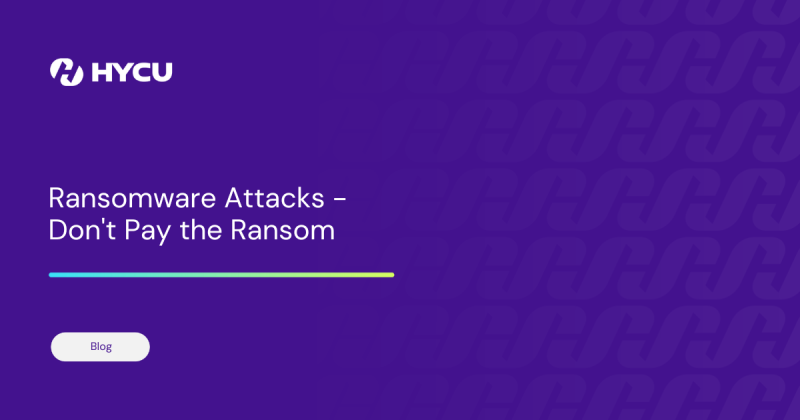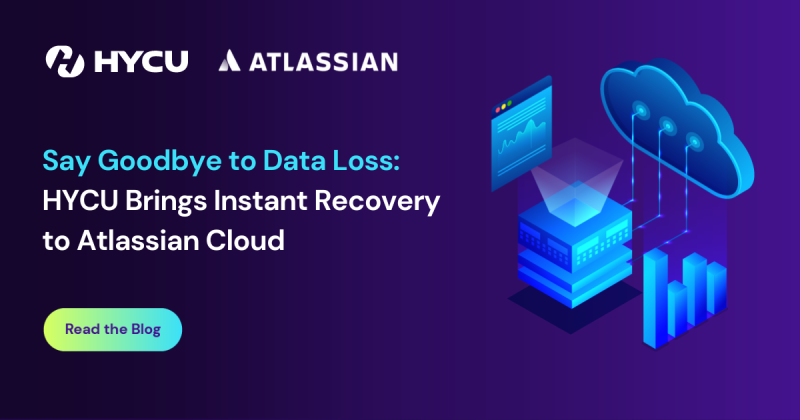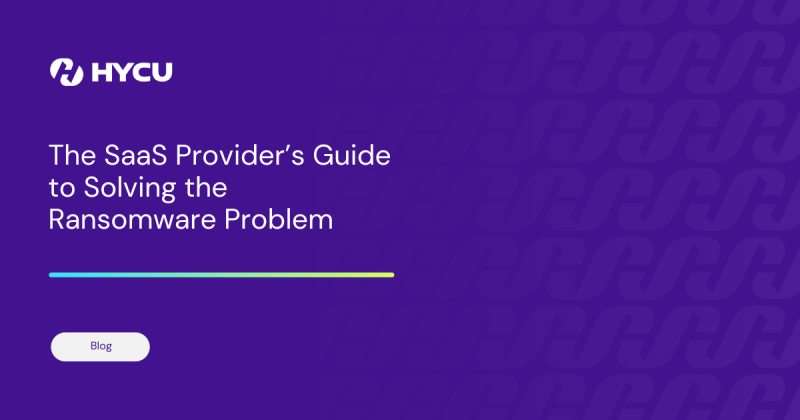Are You Really Ready to Recover From a Ransomware Attack?
Ransomware Attacks and Digital Information
No matter what your news media outlet is, you’ll undoubtedly see or hear a daily headline involving yet another ransomware attack resulting in the theft of digital information. These attacks are becoming increasingly sophisticated and widespread, affecting businesses of all sizes and across all industries. Digital information comes in many forms and fashions. It is typically sensitive and private personal data, intellectual property, trade secrets, financial information, classified and confidential materials. The value of this data to both the companies that own it and the cyber-criminals who seek to exploit it cannot be overstated.
Ransomware actors, such as terrorists, hacktivists, and cyber-criminals are relentless in their pursuit of disruption. They employ a variety of tactics to infiltrate networks, encrypt data, and demand ransoms from their victims. Companies are told “it’s not a matter of if, but a matter of when” they will be attacked. This statement underscores the inevitability of such incidents in the current digital landscape. In fact, every 11 seconds an organization is hit with a ransomware attack often resulting in being held hostage until they pay millions to “hopefully” get their network systems running again and data back.
Adding insult to injury, federal and state regulators are stepping in with new requirements mandating companies in all sectors to address cybersecurity with little to no guidance. These regulations are intended to protect consumers and ensure that businesses are taking the necessary steps to safeguard their data. However, the lack of specific guidelines can make compliance challenging. Failure to comply could lead to hefty fines and penalties, further compounding the financial impact of a ransomware attack.
So, you need to ask yourself, are you really ready to recover from a ransomware attack? This question is critical for any organization looking to protect its operations and data. Developing a robust recovery strategy involves more than just having backups; it requires a comprehensive approach that includes prevention, detection, response, and recovery measures.
So, you need to ask yourself, are you really ready to recover from a ransomware attack?
In Case you Missed it
In the recent BC Cybersecurity webinar titled, “Cybersecurity Risk Management: Ransomware Planning, Response, Mitigation and Recovery,” moderator and professor Kevin Powers, J.D. Boston College tapped into industry expertise from Simon Taylor, founder and CEO at HYCU, Inc. and Doug Domin, Supervisory Special Agent, FBI (Boston Division). The discussion focused on how organizations can cultivate an effective cyber-risk management strategy, based on industry best practices, to not only plan for but measure their readiness, to successfully respond to, mitigate, and recover from an inevitable ransomware attack. This webinar provided valuable insights into the steps organizations should take to enhance their cybersecurity posture.
One of the key takeaways from the webinar was the importance of protecting business operations, customer and employee sensitive personal data, and other confidential and proprietary information. Ensuring the security of this data is not only a regulatory requirement but also a critical component of maintaining trust with customers and stakeholders. Companies must implement robust encryption, access controls, and monitoring solutions to safeguard their data against unauthorized access and breaches.
What is R-Score?
Furthermore, to cement the need for recovery readiness Simon highlights our new public service initiative, R-Score. R-Score is a first-of-its-kind assessment tool that scores an organization's ransomware recovery readiness similar to the way FICO scores credit. It provides a simple, measurable assessment of your readiness and offers recommendations for how you can improve it. By understanding your R-Score, you can identify weaknesses in your current strategy and take proactive steps to address them.
Watch the Cybersecurity Risk Management: Ransomware Planning, Response, Mitigation, and Recovery session is highly recommended. It offers practical advice and real-world examples of how organizations can enhance their cybersecurity efforts and prepare for potential ransomware attacks.
To learn more about R-Score, why it's important and what you can do to improve your score, visit getrscore.org. This assessment provides comprehensive information on how to evaluate your current recovery readiness and implement strategies to strengthen your defenses. By taking these steps, you can better protect your organization from the devastating effects of ransomware attacks and ensure a swift and effective recovery if one occurs.
Further Reading:
Get the newest insights and updates
By submitting, I agree to the HYCU Subscription Agreement , Terms of Usage , and Privacy Policy .



